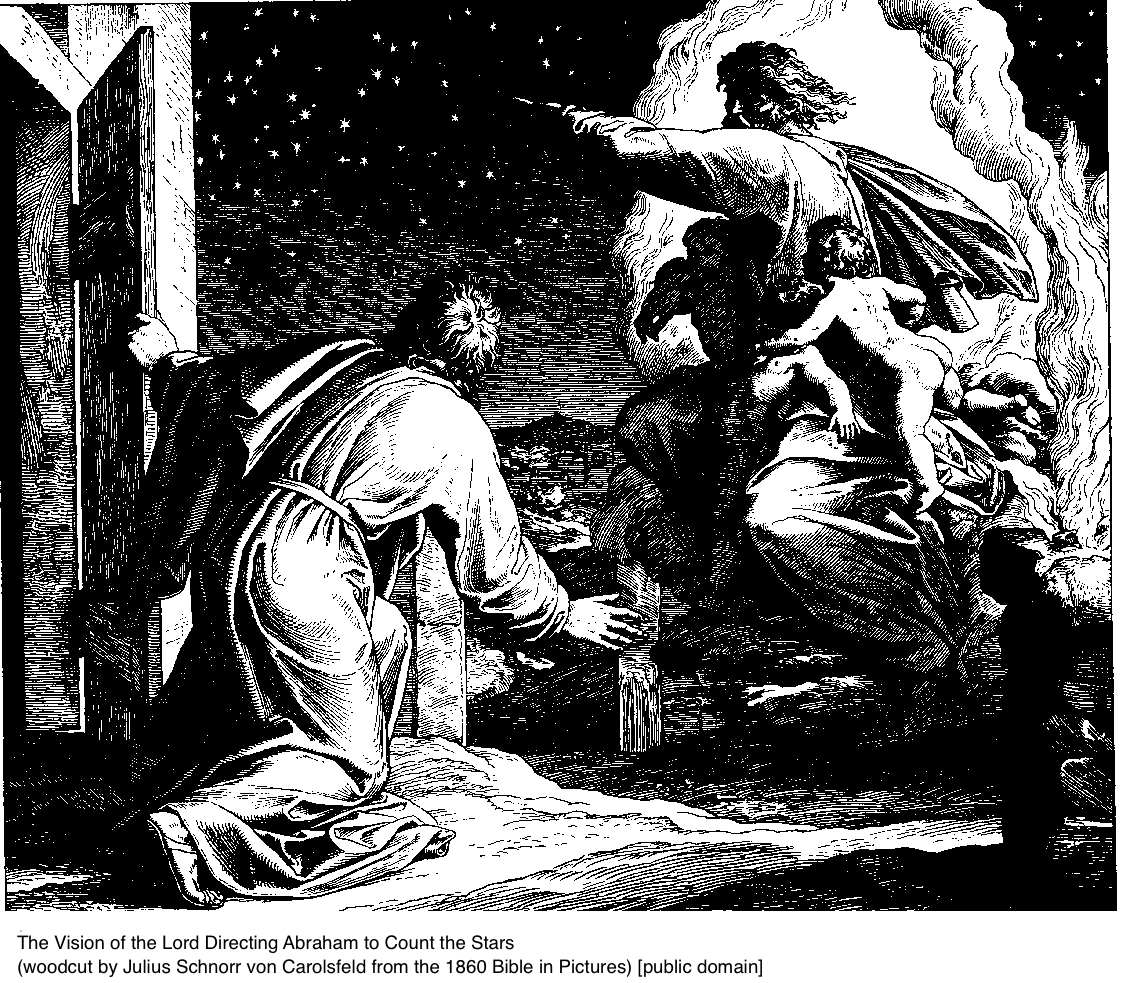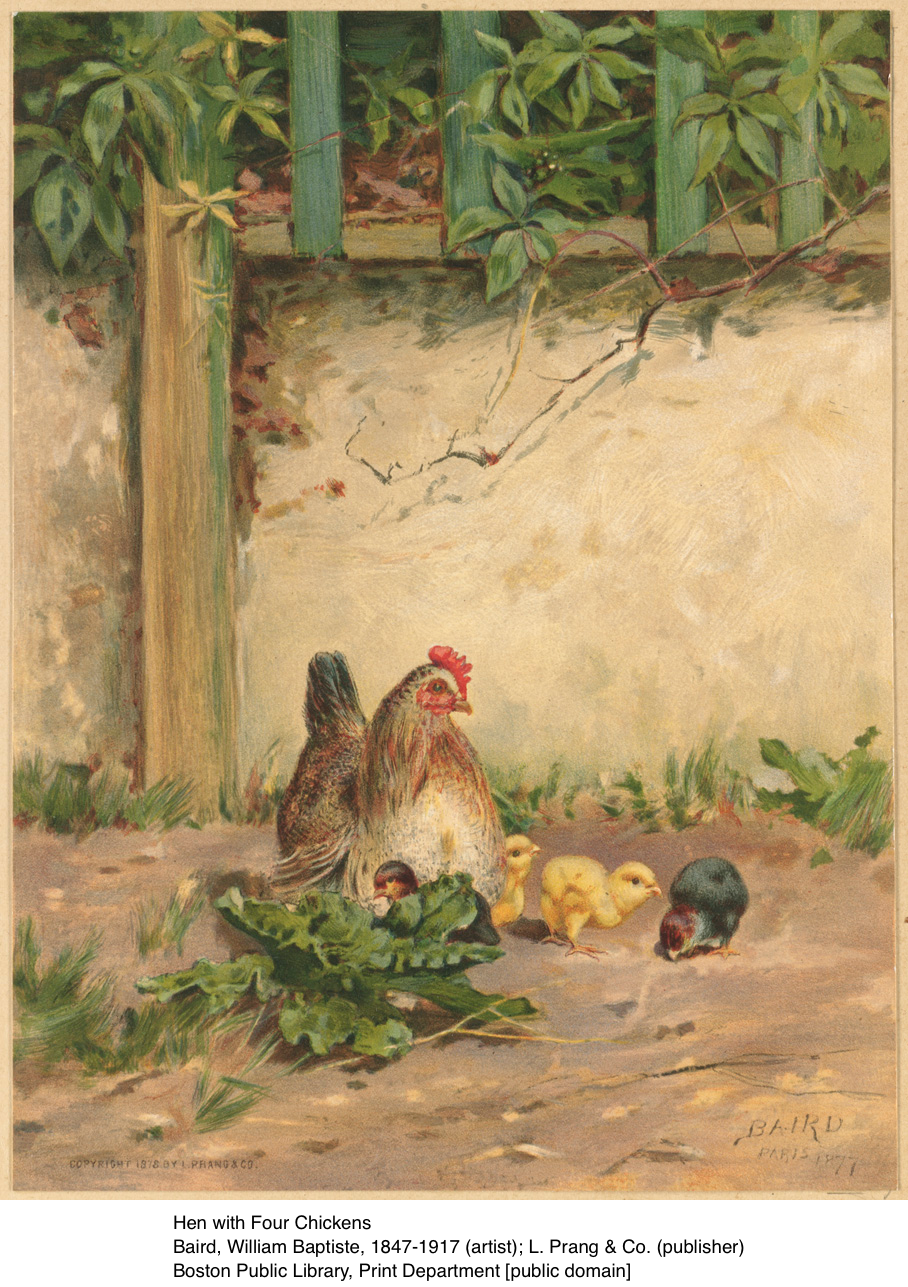Hens & Chicks….
Published by Ronald Steed,
You speak in my heart and say, "Seek my face." *Your face, Lord, will I seek.
The Rev’d Samuel Wells, one of my favorite writers, says that Christian ethics is like a five act play. Act One is creation where light is separated from darkness and the creation of a good and loving world with human stewards made in the image of God. And then, tragically, the wheels seem to come off the whole project not just in Eden, but with Cain and Abel, the Tower of Babel, and Noah’s flood as well. This act starts in glory and ends in brokenness. Act Two is about Israel the people through whom God is going to rescue creation. Act Three at the center of the play, is Jesus who as Messiah, finally fulfills what the People of Israel were not able to do for themselves. Act Four is the church… and that includes us and our times. And Act Five is the end where God’s rescue plan comes to fruition and creation is restored to glory with wise human stewards made in the image of God. The problem with the play is that we have the scripts for Acts 1, 2 and 3, and we have a foggy outline about what Act 5 is supposed to look like. But we don’t have a script for our time in Act 4… we have to improvise.
Now if you have ever been to a night of improv where a group of actors is given some sort of ridiculous prompt and told to manufacture a drama in real-time, you know what a surprise and delight it is when the actors succeed in doing exactly that. It is marvelous to watch, and it looks like they are just making it up as they go. But in fact, improvisers don’t make it up at all; they are trained to work in the theater. They are schooled in a tradition so thoroughly that they learn to act from habits-of-heart in ways appropriate to the circumstance. Christian ethics… the things that you and I do out there in the world in Act 4 is exactly like that. And steeping ourselves in scripture… finding the resonances, searching out the themes, and tracing the arc of the narratives across the first three acts, and then being true to the past while anticipating what is to come next is how we learn to improvise… to act from habits in ways that are appropriate today. Every Sunday, we study Acts 1, 2, and 3… sometime a little of 5 so that when we leave this place, we are refreshed and ready to improvise in Act 4.

Today’s Act 2 lesson is Genesis 15. Here, God reveals the strategy for fixing creation. Rather than waiving a magic wand and making it all right like we all wish he would, he is going to take the long approach… a relationship… to fix creation with and through a particular people, the People of Israel whom he himself will raise up. They will be part of the problem, a that’s a theme we encounter throughout the Bible. And he is going to start with a wandering Aramean called Abram. God promises Abram (later, Abraham) that his descendants will be as numerous as the stars. Abram asks "How am I to know that this shall happen?" And then a really strange ceremony happens. God tells him to bring a barnyard of animals. Abram does this and cuts them in two, forming a valley of carcasses wide enough probably for two to pass through. At sundown, Abram fell asleep in a deep and terrifying darkness, and then a smoking fire pot and a flaming torch passed between these pieces. Very strange.
This was an ancient covenant ceremony in that region between two people, one of whom was a powerful lord, and the other a tenant of the land. The idea was for the two people to walk together between the carcasses of the sacrificed animals, as if to say "May what was done to these animals happen to the one of us who breaks this covenant." Jeremiah 34 mentions this ceremony and the consequences of covenant violation: "And those who transgressed my covenant… I will make like the calf when they cut it in two and passed between its parts: all the people of the land who passed between the parts of the calf shall be handed over to their enemies and to those who seek their lives." So it was a serious ceremony, and the consequences were grave for covenant violators.
But here’s the strange thing about the Genesis 15 ceremony between God and Abram. How many passed between the animals? Only one… God alone, in the form of a smoking pot and a flaming torch. Abram didn’t walk through; he was asleep. So unlike any other covenant ceremony in ancient times, this one seems unilateral. Only God passed through, taking the covenant burden on himself alone. I find that really interesting… what a strange God we worship… he takes on himself the entire risk of relationship, as if to say "I want nothing more than to be with you and to heal creation through you… and I promise to see it through no matter what." Remember, one of our aims is to see the resonances and themes in scripture, so where else do we see something that looks a lot like that? How about Israel passing through the Red Sea in Exodus? The walls stacked high on either side to the left and to the right… the People of Israel passing through the waters. And there with them, the pillars of smoke and fire. Maybe Genesis 15 was just the first part of a larger covenant ceremony that started with God alone passing through the carcasses and continued at the Red Sea on a massive scale when God had created a numerous people. Incidentally, the two candles on the altar are meant to represent that, so when you see them think about those pillars of smoke and fire at the Red Sea as well as the smoke pot and torch of fire in today’s reading.
By chapter 13 of Luke, today’s Act 3 Gospel, Jesus is still in the middle of his ministry, but he has done enough to get Herod’s attention. Herod was the proxy king of Israel on behalf of the Romans, and believe me, Herod knows what will happen if things are not locally well-managed. He had already killed that upstart John-the-Baptist, and now his attention was focused on Jesus, and that means the threat of violent death.
But look how Jesus responds to Herod. He doesn’t say "Tell that fox that I am raising an army to destroy him" or "Tell that fox I am building a wall to keep him out." He doesn’t answer the threat of violence with more violence. Rather, he says "Tell that fox I’m casting out demons and curing". The invitation to Herod might be that Herod has a demon of his own that needs casting… he might have an illness that needs a cure. This is what it is like when God is dwelling with us… this is covenant promise in action. There is healing, fixing hearts, restoring health, life, and relationship. Jesus is realistic… he knows that some of the very people he is working through will be among the ones who will kill him in Jerusalem… they are part of the problem. "How often have I desired to gather your children together as a hen gathers her brood under her wings, and you were not willing!" Hens will gather their brood under their bodies in the presence of danger. There have been barnyard fires where the smoking body of a dead hen was found with live chicks beneath her. One of the things about Jesus’ death on the cross is that it is as though God was being punished for having violated the covenant. When that smoke pot and flaming torch passed through that covenant ceremony, perhaps God was suggesting "being like these carcasses is what might happen to me when I come to dwell among people". There are some who will say that Jesus took Israel’s covenant punishment FOR them, but I don’t hear a tone of "I’ll take the fire that you chicks deserve" in Jesus’ voice... that’s not why hens gather their brood. Rather, I hear a tone of love, and a tone of lament that the people did not recognize the time of God’s coming or the danger that they were in. I hear the voice of an innocent scapegoat for the first time in history. I hear a voice saying, "I’ll take the worst that you can bring and I will shield and protect you with my own body because I love you, even if you don’t think you need either protection OR love… and that won’t be the end of the story… there will be resurrection." That’s what covenant love looks like in action… like a hen covering her brood.

In Philippians, Paul tells us how to improvise. "Join in imitating me, and observe those who live according to the example you have in us". Paul is a great example of improv… there is no script for him. In fact, he’s writing the first scripts about Act 3! Paul is thoroughly Jewish… totally steeped in the scriptures of Acts 1 and 2. And yet, something happened in Act 3 that changed everything. He is faithful to what he knows from Acts 1 and 2 as transformed by Jesus, and in the light of what he thinks is in store for Act 5. He knows that hearts and heads and hands are being transformed by the Holy Spirit, the power that also enables Christ to make all things subject to himself. We know that too.
We come here on Sunday to read the previous acts of the play and feed on the Holy Spirit so that we have hearts to improvise the good news in our own time. We re-enact the Eucharist as a way of life… a way of hospitality where all are invited to the table… a way being the living Body of Christ. And, we anticipate the Feast of the Lamb in Act 5. The Eucharist is full of layer upon layer of meaning and resonance that draws on everything that came before and what we anticipate in the future so that we have a model to follow today. When Rachel breaks the host, holds it up for everyone to see, think about all the things that moment suggests… the separation of light from dark and the brokenness of creation in Act 1… the passing of a smoke pot and a flaming torch through the carcasses of animals to the left and to the right and the passing of the People of Israel through the Red Sea in Act 2 … the breaking of bread to feed of the thousands, the breaking of bread at the Last Supper, a dead hen separated from her living chicks, and the breaking of Christ’s body in Act 3… our own brokenness and the brokenness of the world now in Act 4, and our vocation to heal what is broken… to reconcile things that are torn apart, the way we think they will be in Act 5. Go then, with renewed hearts into the world and improvise the good news.